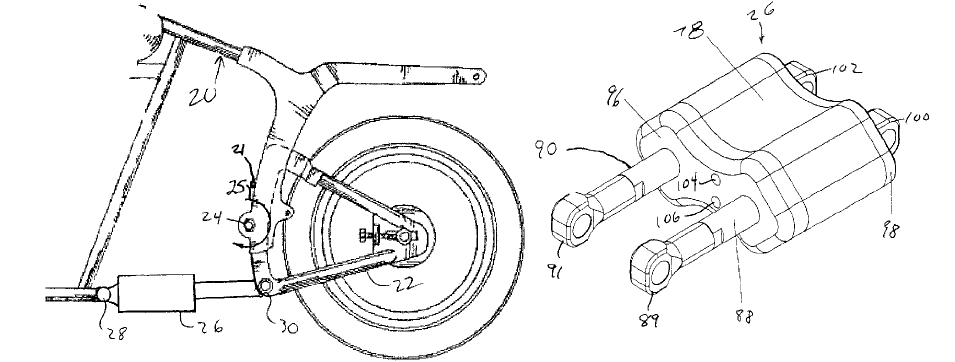Indianapolis; IN – Copyright attorneys for J & J Sports Productions, Inc. of Campbell, California filed seven separate copyright infringement suits in the Southern District of Indiana alleging that seven Indianapolis restaurants illegally broadcast a fight on November 14, 2009, specifically “Firepower: Manny Pacquiao v. Miguel Cotto, WBO Welterweight Championship Fight Program” a copyrighted work to which J&J Sports Productions owns exclusive national broadcast rights. The seven restaurants are Fandango’s Night Club, Taqueria Jalisco, El Sol Azteca, El Taco Torro, Rea Night Club, Moctezuma Restaurant and Pollos Los Reyes.
 The complaints are nearly identical in each case. Copyright attorneys have made claims both against the restaurants and personal liability claims against the owners. Each group of defendants is accused one count of copyright infringement in violation of 47 U.S.C. § 605, one count of copyright infringement 47 U.S.C. § 553, and one count of conversion. Copyright attorneys for J&J are seeking statutory damages of $150,000 as well as costs and attorney fees.
The complaints are nearly identical in each case. Copyright attorneys have made claims both against the restaurants and personal liability claims against the owners. Each group of defendants is accused one count of copyright infringement in violation of 47 U.S.C. § 605, one count of copyright infringement 47 U.S.C. § 553, and one count of conversion. Copyright attorneys for J&J are seeking statutory damages of $150,000 as well as costs and attorney fees.
In addition to these seven lawsuits, J&J filed eighty-seven other lawsuits in the district courts around the country alleging illegal broadcast of the copyrighted fight in question here between November 1 and November 14, 2011.
Practice Tip: All of these lawsuits were filed on the eve of the two year anniversary of the broadcast that the defendants are alleged to have illegally broadcast. When Congress passed the Cable Communication Act, a statute of limitations was not included. Some federal courts have determined that a two year statute of limitation is appropriate while other federal courts have used a three year statute of limitations.
Continue reading






 for dogs available only through a veterinarian’s prescription. Lilly
for dogs available only through a veterinarian’s prescription. Lilly